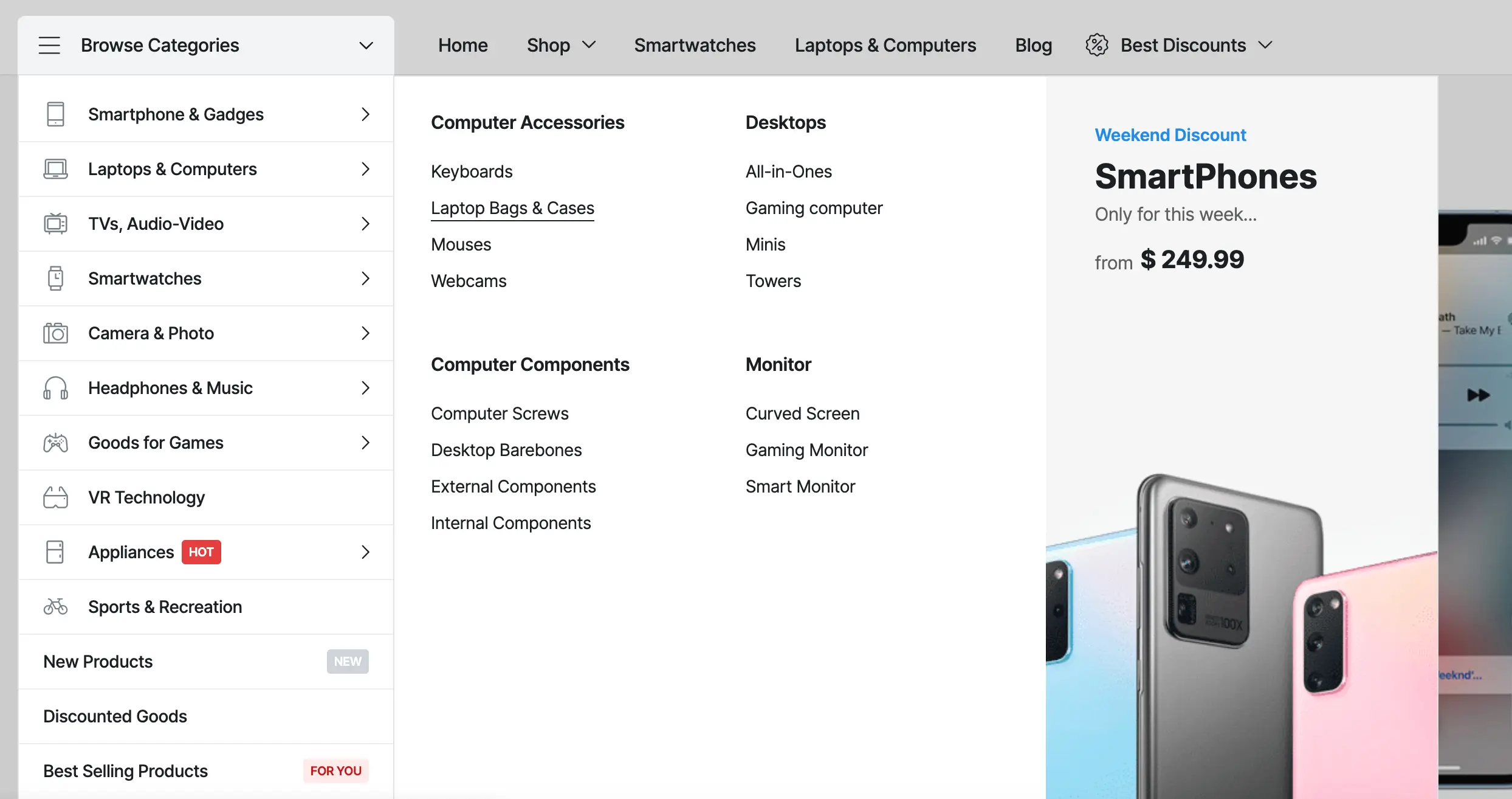Why Your Website Needs Terms and Conditions, Privacy Policy, and Cookie Policy
Websites are more than just digital spaces for businesses or personal blogs; they’re platforms where legalities and user trust intertwine. Having a Terms and Conditions page, along with a Privacy Policy and a Cookie Policy, isn’t just ticking off a legal checklist. It’s about ensuring a secure and transparent environment for both website owners and visitors. Here’s a closer look at the importance of each document and how they contribute to your site’s integrity.
The Foundation of Online Agreement: Terms and Conditions
The Terms and Conditions page serves as a contract between the site owner and its users, outlining the rules for using the website. It’s where you detail users’ rights and the site’s legal protections. This document is crucial because it offers legal protection by specifying the rights and responsibilities of all parties, helping prevent potential disputes. For instance, if a user misuses your website content, your Terms can serve as a legal foundation to address the misuse. It also establishes user guidelines, ensuring that everyone understands how to appropriately engage with your website. Moreover, by clarifying the scope of your liability, it helps shield you from potential legal claims arising from errors or outdated information on your site.
The Shield of User Data: Privacy Policy
A Privacy Policy is more than just a legal requirement; it’s a pledge of trust and transparency with your users. This policy details how user data is collected, used, and protected. In an era where data breaches seem all too common, a clear and concise Privacy Policy reassures users about their data’s security. It’s legally mandated in many jurisdictions, reflecting the global push towards greater online privacy. By transparently sharing how you handle personal information, you not only comply with laws like GDPR and CCPA but also build a stronger bond with your audience. This policy allows users to make informed decisions about the data they share, fostering a sense of control and respect for their privacy preferences.
The Transparency of User Experience: Cookie Policy
Explaining your use of cookies through a dedicated Cookie Policy enhances user experience by promoting transparency and control. Cookies, those small data files stored on users’ devices, are essential for personalizing and improving the user experience. However, they also raise privacy concerns, which is why detailing your use of cookies is critical. A Cookie Policy informs users about the types of cookies your website uses and their purpose. It aligns with legal requirements by ensuring users are informed and can consent to their use, thus balancing operational needs with privacy rights. Importantly, it demystifies how user data contributes to a tailored website experience, which can significantly boost user trust and satisfaction.
The Impact of Clear Policies on User Trust and Legal Compliance
Crafting and maintaining these policies on your website is not merely about legal compliance; it’s a reflection of your commitment to safeguarding user rights and fostering a trustworthy digital environment. When these policies are written in plain language and regularly updated to reflect current practices and laws, they serve as a testament to your dedication to user privacy and data protection.
Regular updates are essential to ensure that your policies reflect the latest legal requirements and your current operational practices. This adaptability is key to staying compliant and maintaining user trust. Furthermore, making these documents easily accessible, such as through footer links on your website, ensures that users can readily review them, reinforcing transparency and accountability.
In wrapping up, it’s clear that Terms and Conditions, Privacy Policies, and Cookie Policies are integral to building a trustworthy and legally compliant website. They’re not just legal requirements but foundational elements that protect you and your users. By detailing your practices, rights, and responsibilities with clarity and transparency, you establish a foundation of trust—a critical component in the digital realm where confidence can be your strongest asset.
Expanded Discussion and Practical Guidance
When it comes to online presence, legal pages like Terms and Conditions, a Privacy Policy, and a Cookie Policy are often viewed through a narrow legal lens. However, their significance spans beyond mere compliance, playing a pivotal role in user engagement, trust building, and the overall perception of a website. Let’s delve into some frequently asked questions that highlight common concerns and provide clarity on these essential documents.
Frequently Asked Questions (FAQs)
Q1: Can I just copy another website’s policies for my own site? Copying another website’s policies might seem like a quick fix, but it’s not advisable. Your website’s unique characteristics—how you interact with users, the data you collect, and your specific legal obligations—require customized policies. Moreover, simply copying and pasting without understanding the content can lead to discrepancies between what’s stated in your policies and what your website actually does, potentially leading to legal issues.
Q2: How often should I update my website’s policies? Updating your website’s policies should be a regular task, not just a one-time effort. At a minimum, review them annually. However, anytime there are significant changes to your website’s functionality, data handling practices, or relevant laws, an update is necessary to ensure ongoing compliance and relevance. Keeping your policies up-to-date reflects your commitment to user privacy and legal adherence, reinforcing trust with your users.
Q3: Where should these policies be located on my website? Accessibility is key when it comes to legal policies. Typically, links to your Terms and Conditions, Privacy Policy, and Cookie Policy are found in the footer of every page on your website. This standard practice ensures that users can easily find and reference these documents no matter where they are on your site. An accessible and transparent approach to policy placement can significantly impact user trust and compliance perceptions.
Q4: What are the risks of not having these policies on my website? The risks of operating a website without these key policies range from legal penalties, such as fines for non-compliance with data protection laws, to reputational damage. Users are increasingly savvy about their online rights and the protection of their data. A lack of clear policies can deter users from engaging with your site, affecting traffic and potentially revenue. Additionally, in the event of a dispute or data breach, not having these policies in place can leave you without a clear defense, exposing you to greater legal and financial liabilities.
Q5: How detailed should these policies be? The level of detail in your policies should strike a balance between comprehensiveness and readability. While it’s important to cover all necessary legal bases and clearly explain your practices, overly complex language can deter users from engaging with the content. Aim for clarity, using plain language to make your policies as accessible as possible to a broad audience. Including examples and FAQs within your policies can also help demystify complex terms and conditions, making the information more approachable.
Conclusion
The importance of having a Terms and Conditions page, a Privacy Policy, and a Cookie Policy on your website cannot be overstated. These documents are fundamental to ensuring legal compliance, protecting your business, and building trust with your users. By understanding the nuances of these policies, regularly updating them, and making them easily accessible, you set a strong foundation for a transparent, trustworthy, and user-friendly online presence. Remember, in the digital world, your commitment to privacy and transparency is a significant part of your brand’s reputation and can greatly influence user engagement and loyalty.
Related Articles
If you enjoyed reading this, then please explore our other articles below:
More Articles
If you enjoyed reading this, then please explore our other articles below:





















 2019-2025 ©
2019-2025 ©